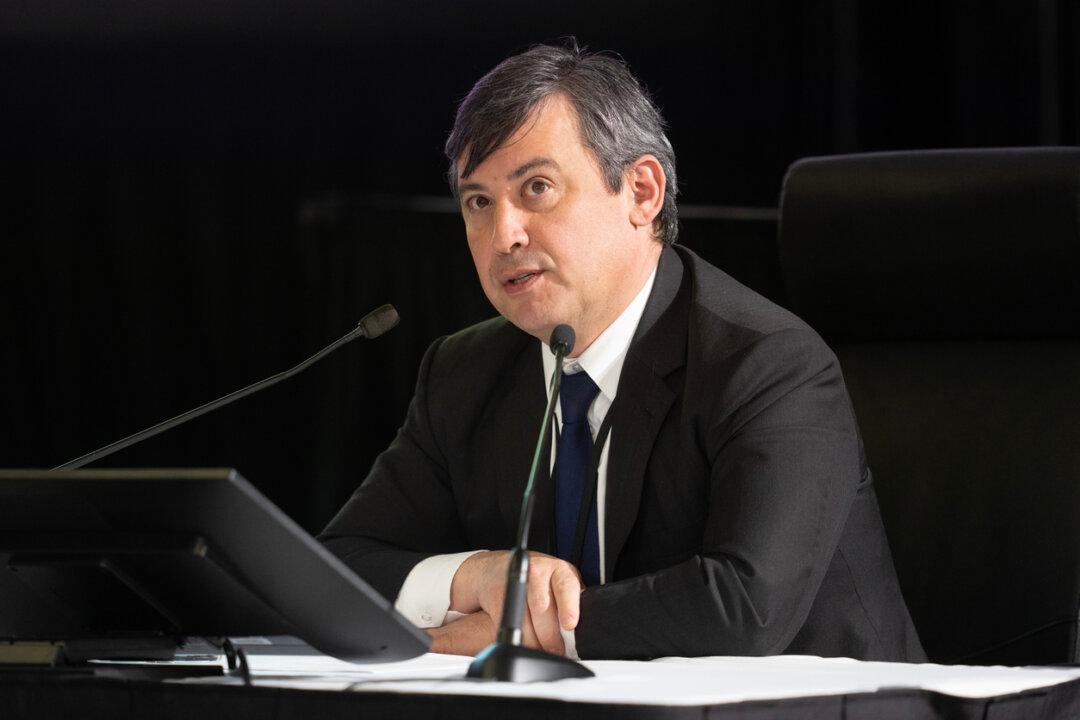Loose party membership and nomination criteria leave Canada vulnerable to foreign interference, potentially leading to foreign actors influencing appointed prime ministers and government heads, Conservative MP Michael Chong said.
“We are effectively opening up the appointment of heads of government in this country, including prime ministers and premiers, to this foreign interference,” Mr. Chong testified during the public inquiry into foreign interference on April 3.





